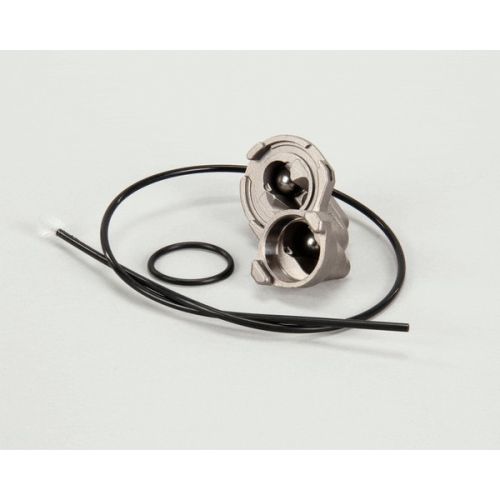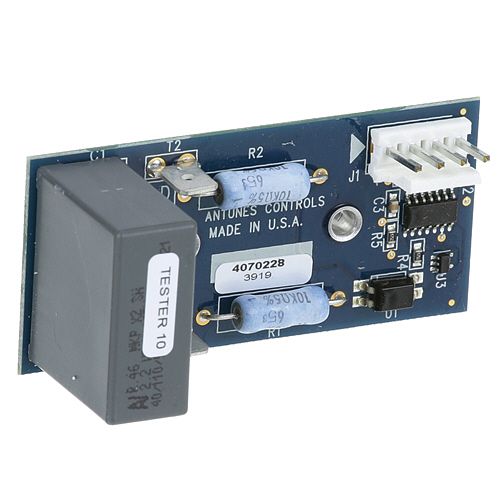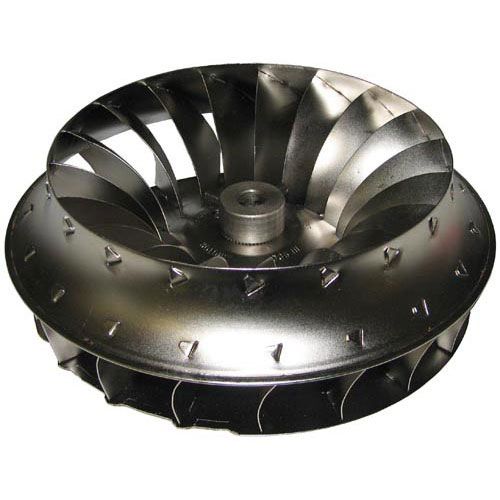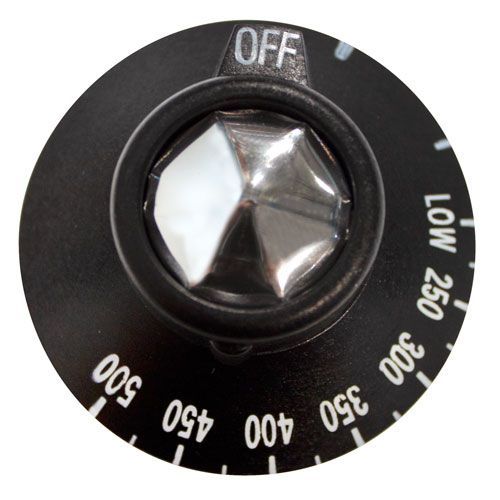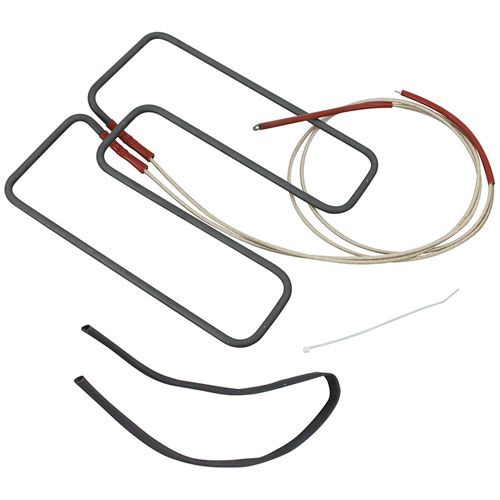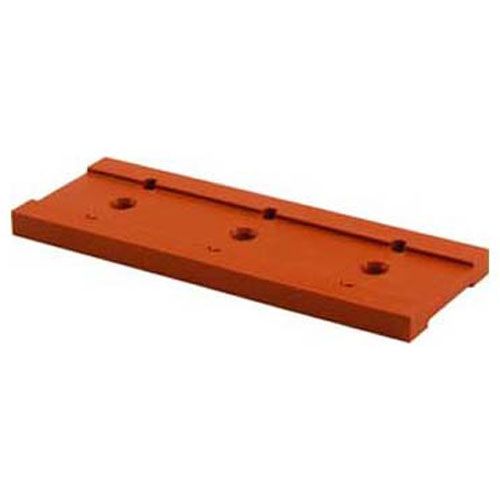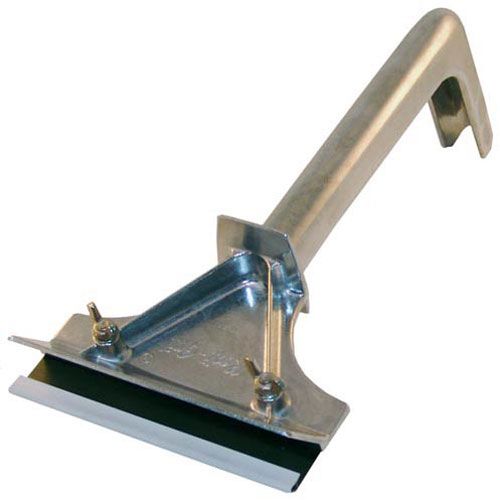Seasoning Cast Iron Grill Grates for Commercial Gas Grills: The Ultimate Guide
Grill grates made of cast iron are a must have in both residential and commercial kitchens, especially for those who love grilling or are professionals who want to achieve those signature sear marks and flavorful meals. These cast iron grill grates can make a big difference in cooking performance when it comes to commercial gas grills, offering superior heat retention and even cooking. But to get these benefits, you need to take good care and maintenance and seasoning cast iron is one of the most important things to do to keep the quality of the grill grates.
In this guide, we’ll take a look at how to season cast iron, the materials you’ll need, common mistakes to avoid, and how to keep your cast iron grill grates in tip top shape so they perform at their best. If you have a commercial gas grill, keeping your cast iron grill grates seasoned properly is the key to extending their life and cooking your food just right.
What Are Cast Iron Grill Grates and Their Role in Commercial Grills?
Many commercial gas grills have heavy duty cooking surfaces known as cast iron grill grates. For years, cast iron has been known for its ability to hold and distribute heat evenly, which is why it is so great for grilling meats, vegetables, and other foods. Cast iron grill grates are able to hold a consistent temperature, unlike lighter, less durable materials, which means chefs can achieve those beautiful grill marks while locking in moisture.
These cast iron grill grates are made to be used often at high temperatures in commercial gas grills. With their heavy duty construction, they are ideal for use in professional kitchens where grilling efficiency and flavor consistency are important. But, like any kitchen equipment, cast iron grill grates require proper care and maintenance to work at their best. Seasoning cast iron is an essential step here.
PartsFe Canada is the ultimate destination for all your commercial grill part needs. Whether you need burner valves, ignition kits, grates, or control knobs, we have the exact parts to ensure your grill operates at peak performance.
Tools and Materials Needed to Season Cast Iron Grill Grates
Before diving into the process of seasoning a cast iron grill grate, it’s important to gather all the necessary tools and materials. Here's what you’ll need:
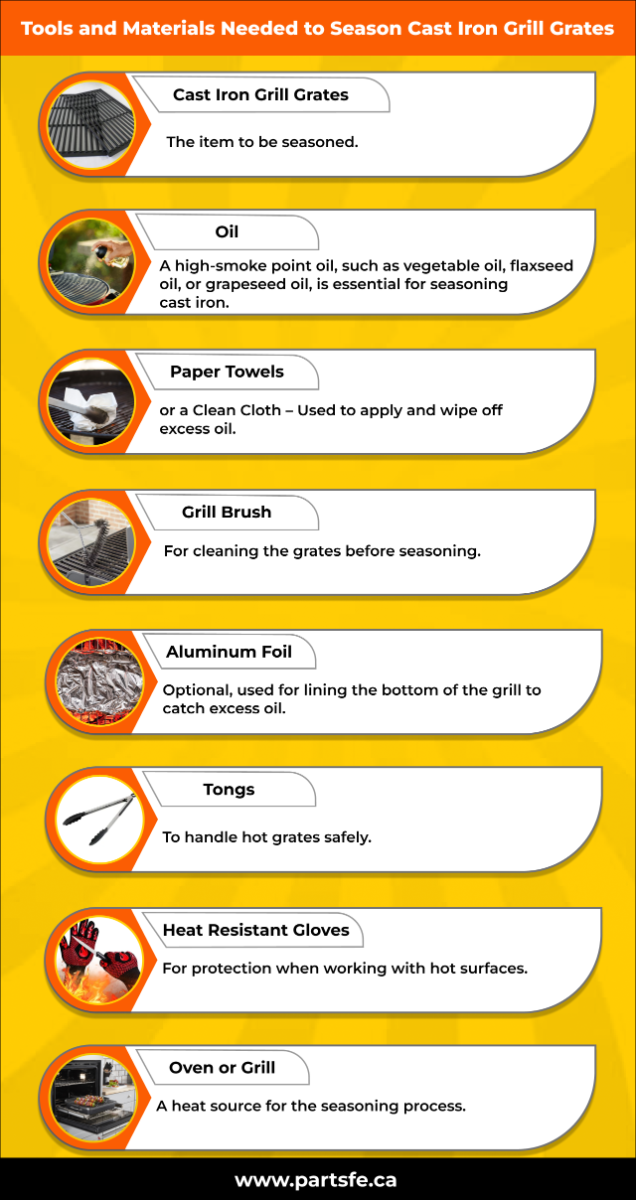
These materials will ensure that you apply the right amount of oil evenly and that you protect yourself from burns during the process. It’s also important to make sure your grates are clean before starting.
Preparing Cast Iron Grill Grates for Commercial Grills
Before seasoning cast iron grill grates, they must be properly cleaned and prepared to ensure a smooth, effective seasoning process. Here's how to do it:
Clean the Grill Grates
Before seasoning cast iron grill grates, you need to remove any dirt, grime, or rust that may have accumulated over time. This is particularly important for cast iron barbecue grill grates, as buildup can hinder the seasoning process.
To clean the grates, follow these steps:
-
Use a grill brush to scrub off any food particles or debris.
-
For stubborn stains or old grease, soak the grates in warm water and mild soap. Use a sponge or scrubber to remove tough spots.
-
Once cleaned, dry the grates thoroughly with paper towels or a cloth to avoid rusting.
For detailed guide check out this: 4 Effective Ways To Clean Your Grill Grates
Remove Rust (if applicable)
If you notice rust on your cast iron grill grates, it is crucial to remove it before seasoning. Light rust can be scrubbed away with steel wool or a wire brush. For more severe rust, you might need to use a commercial rust remover or a vinegar solution. Once the rust is gone, thoroughly clean and dry the grates before proceeding to season cast iron.
Best Oils for Seasoning Cast Iron Grill Grates in Commercial Grills
Choosing the right oil for seasoning cast iron grill grates is crucial, as not all oils are suitable for high-heat applications. The best oils for seasoning a cast iron grill grate are those with a high smoke point. Some of the most popular choices include:
Vegetable Oil
This is one of the most commonly used oils for seasoning cast iron grill grates due to its high smoke point and affordability. It provides an even coat that helps create a durable non-stick surface on the grill grates.
Flaxseed Oil
Known for creating a hard, durable layer of seasoning, flaxseed oil is often considered the best oil for seasoning cast iron. It has a relatively low smoke point, but it polymerizes well, creating a long-lasting protective coating.
Grapeseed Oil
This oil has a high smoke point and is neutral in flavor, making it an excellent choice for seasoning cast iron grill grates in commercial gas grills.
Canola Oil
Canola oil is another popular option for seasoning cast iron, thanks to its high smoke point and affordability. It’s a great choice for those who need a reliable and easily accessible oil.
Each of these oils helps build up layers of seasoning, protecting the cast iron grill grates from rust, creating a non-stick surface, and enhancing the flavor of food.
How to Season Cast Iron Grill Grates on Commercial Grills?
Once the grill grates are clean and dry, it’s time to season cast iron. Here’s a step-by-step guide on how to season cast iron for commercial gas grills:
Step 1: Preheat the Grill
Heat your commercial gas grill to around 350°F (175°C). This temperature is ideal for creating the polymerized layer that forms the seasoning.
Step 2: Apply the Oil
Using a clean cloth or paper towel, apply a thin, even layer of your chosen oil to the cast iron grill grates. Ensure the entire surface is covered, but avoid applying too much oil. Wipe off any excess oil to prevent pooling.
Step 3: Heat the Grates
Place the oiled grates onto the grill and close the lid. Allow the oil to heat and bond to the metal for about 30 minutes. The heat will cause the oil to smoke, which is normal and part of the seasoning process.
Step 4: Repeat the Process
After the first round of heating, turn off the grill and let the grates cool. Once cool, repeat the oil application process (steps 2 and 3) for 3-4 rounds. This helps build a strong, durable seasoning layer on the cast iron barbecue grill grates.
Step 5: Let It Cool
After the final round of seasoning, turn off the grill and let the grates cool down completely before use.
Mistakes to Avoid When Seasoning Cast Iron Grill Grates for Commercial Grills
While seasoning cast iron grill grates can seem like a simple process, there are a few common mistakes to avoid:
-
Over-applying Oil: Applying too much oil can lead to a sticky or uneven surface. Always use a thin layer and wipe off excess oil before heating.
-
Using the Wrong Oil: Not all oils are suitable for seasoning cast iron grill grates. Oils with low smoke points can cause the seasoning layer to degrade, so it’s important to select a high-smoke point oil.
-
Skipping the Cleaning Process: Before seasoning cast iron, it’s essential to clean the grates thoroughly. Skipping this step can result in poor seasoning and the build-up of rust.
-
Not Repeating the Seasoning Process: One round of seasoning isn’t enough. Repeat the process 3-4 times to ensure a thick, durable seasoning layer.
How to Maintain Cast Iron Grill Grates on Commercial Grills?
Proper grill grate maintenance is vital to ensure the longevity of your cast iron grill grates. Here are some essential tips:
-
Clean Regularly: After each use, clean your cast iron grill grates to prevent food buildup and rust. Use a grill brush to remove any debris.
-
Re-season When Needed: Over time, the seasoning layer may wear down, especially if the grates are exposed to high heat regularly. Reapply oil and repeat the seasoning cast iron process periodically.
-
Avoid Harsh Chemicals: When cleaning, avoid using harsh chemicals that can strip the seasoning. Stick to mild soap or simply wipe the grates with a damp cloth.
-
Store Properly: If your cast iron grill grates are not in use, store them in a dry area to avoid rusting.
Seasoning cast iron grill grates is a crucial step in maintaining the performance and longevity of your commercial gas grill. By following the steps outlined in this guide and avoiding common mistakes, you can ensure that your cast iron barbecue grill grates continue to deliver delicious, perfectly grilled food. Proper grill grate maintenance will also help extend the life of your equipment, saving you time and money in the long run.
FAQs
How to clean rusty cast iron grill grates?
To clean rusty cast iron grill grates, use steel wool or a wire brush to scrub away the rust. You can also use a vinegar solution to help remove heavy rust before cleaning the grates thoroughly and re-seasoning them.
How to remove rust from cast iron BBQ grill grates?
For stubborn rust, a combination of vinegar and water can be used to soak the grates. Once rust is softened, scrub it off with a wire brush before drying and re-seasoning the grates.
Are cast iron or stainless steel grill grates better?
Cast iron grill grates offer superior heat retention and even cooking, whereas stainless steel grates are more resistant to rust. The choice depends on personal preference and the type of grilling you intend to do.
Can you put cast iron grill grates in the dishwasher?
No, you should not put cast iron grill grates in the dishwasher, as it can strip away the seasoning and cause rust.
Can you use oven cleaner on cast iron grill grates?
Oven cleaner is not recommended for cleaning cast iron grill grates, as it can damage the seasoning. Stick to mild cleaners and rust removal techniques to preserve the integrity of the cast iron.


